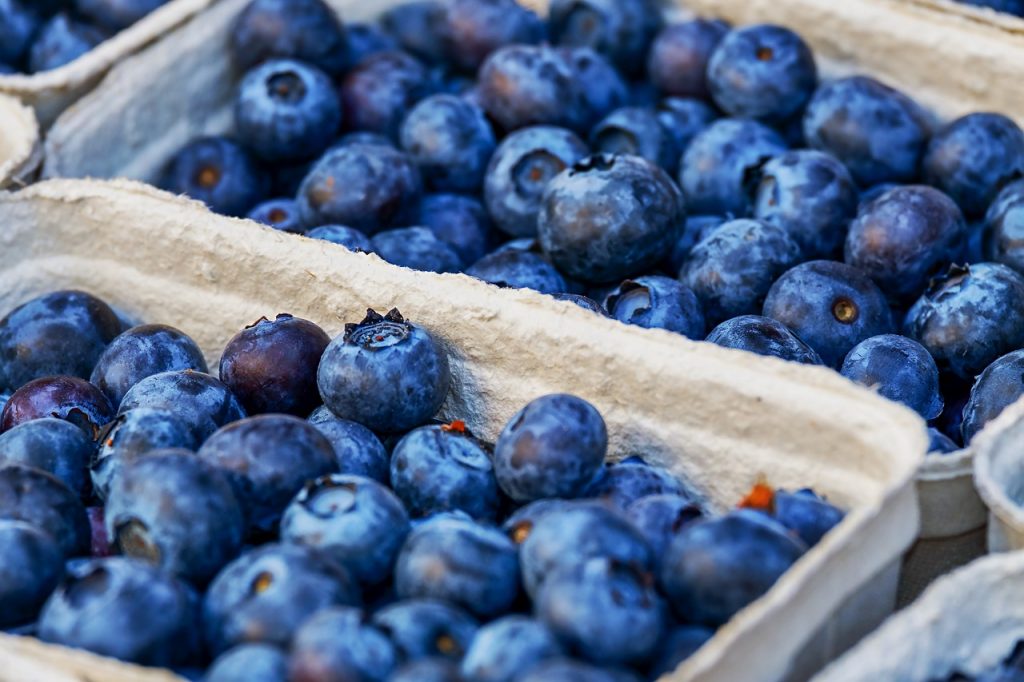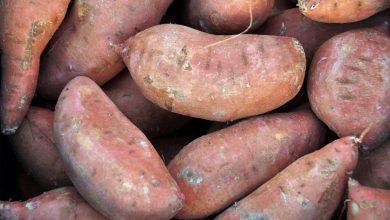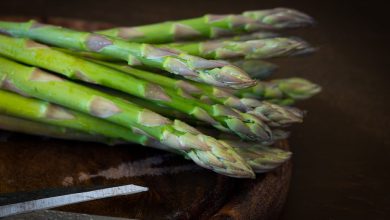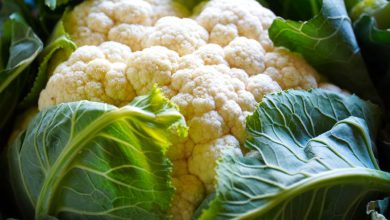Can Bearded Dragons Eat Blueberries?

Blueberries are considered a “superfood” by many nutritionists as they’re packed with nutrients such as antioxidants.
While blueberries tend to be one of the more expensive fruits to buy from the grocery store, understandably some bearded dragon owners wonder if their lizard will eat them. Can bearded dragons eat blueberries?
Bearded dragons can eat blueberries.
While blueberries should only be fed as an occasional treat they tend to be very popular indeed with bearded dragons. Be aware, however, that their high sugar content means that they shouldn’t be fed every day to your bearded dragon.
Can Bearded Dragons Eat Blueberries Everyday?
Blueberries should not be fed to bearded dragons everyday.
There are two simple reasons for this.
Firstly, like most fruits, blueberries contain large amounts of sugar. This isn’t good when given over an extended period of time, and in some cases can lead to unhealthy weight gain.
Secondly, blueberries have a reasonably poor calcium to phosphorus ratio. This means that feeding blueberries too often may mean that your bearded dragon suffers to absorb all the nutrients needed to maintain a healthy skeleton.
This is of real consequence for lizards like bearded dragons, which historically have suffered from skeletal problems due to inappropriate captive conditions.
In general blueberries should be thought of as a treat to be given every once in a while, rather than a regular daily part of their diet.

Can Bearded Dragons Eat Blueberries Whole?
Bearded dragons can eat blueberries whole.
When ripe, blueberries are soft and juicy, so most bearded dragons can easily bite through the flesh.
All the same, some keepers do opt to slice blueberries in half. This has two particular benefits. Firstly, halved blueberries are easier to swallow and therefore mean there is less chance of your bearded dragon choking on their food.
Just as importantly, bearded dragons do sometimes develop a taste for a particular food. In these cases they may selectively pick out just their favorite bits to start with, often ignoring the healthier foods in their bowl.
Slicing up blueberries and mixing them in with the ingredients makes this far less likely to occur. The end result is that your lizard consumes a far broader range of nutrients, and may be healthier overall as a result.
Can Bearded Dragons Eat Frozen Blueberries?
Blueberries can be expensive fruits to buy, especially when they’re not in season in your part of the world. One possible alternative is to buy frozen blueberries, which can be cheaper.
Alternatively, of course, you can freeze fresh blueberries when you find them on offer.
Bearded dragons can eat frozen blueberries so long as they are fully defrosted.
This normally means removing a few fruits from the freezer, placing them into a bowl, and allowing them to thaw for 12-24 hours in the fridge before feeding.
How Often to Feed Blueberries to a Bearded Dragon
Blueberries can be fed to bearded dragons once every week or two.
However there is some flexibility in this advice, because the answer largely depends on what other sugary foods you’re giving. Fruit in general should make up a far smaller part of your bearded dragon’s diet than the vegetable element.
As you’re therefore likely only feeding a small amount of fruit to your bearded dragon, it makes sense to vary the fruit you offer over time. So you might choose to offer a few blueberries on one day, but then a few days later instead opt for some banana or some grapes.
In all things, remember that variety is key in your bearded dragon’s diet, so as to provide as many different nutrients as possible and guard against insufficiencies.
How Many Blueberries Can a Bearded Dragon Eat?
The number of blueberries your bearded dragon can eat will depend on the size of your pet.
Larger bearded dragons can of course eat more blueberries, while youngsters may eat far fewer.
Due to their high sugar content and poor calcium:phosphorus ratio blueberries should only be fed as a small part of the overall diet.
For an adult bearded dragon, one to three blueberries should be sufficient. Make up the remainder of their meal with other foodstuffs that counteract the nutritional weaknesses of blueberries. In essence, blueberries should be fed alongside low sugar foods, and those with a high calcium to phosphorus ratio.
Nutrients Found in Blueberries
While blueberries do certainly have their weaknesses when it comes to your bearded dragon’s diet, that is not to say they should be ignored completely.
Indeed, there are numerous reasons why blueberries are often described as a “superfood”. It is these very reasons that make them a welcome food for your bearded dragon.
The first thing to consider is the color of blueberries. That dark blue coloration comes from large numbers of antioxidants. Antioxidants are produced by the blueberry bush, and are present in high doses within the fruits.
It is believed that antioxidants help to prevent cells of the body from damage, particularly from ultraviolet light. For a lizard that likes to bask in the sun that makes antioxidants a very welcome addition to the diet.
However this is far from the whole story. Blueberries are also famed for their high vitamin content, being particularly high in both vitamin C and vitamin K. Vitamins C, as we know, supports a healthy immune system but it also plays a role in healthy joint cartilage. Vitamin K works alongside other nutrients like calcium to support a healthy skeleton.
Blueberries also contain large amounts of manganese.
Lastly, blueberries are a great source of fiber. In bearded dragons, as in humans, fiber helps to maintain a healthy digestive tract and reduces the chances of constipation while simultaneously supporting “friendly” gut bacteria.
Oxalic Acid in Blueberries
Oxalic acid is a molecule found in most plant-based foods. It is known to interfere with calcium absorption in the gut.
Too much oxalic acid can therefore impact bones and teeth, and may also lead to kidney stones forming. As should be obvious, bearded dragons should ideally be fed foods that are low in oxalates.
Blueberries are considered to have a “very low” level of oxalates. Studies have placed this volume at around 2mg per half cup of blueberries.
When fed as part of a balanced and varied diet you therefore shouldn’t need to worry about the oxalate content of blueberries when feeding your bearded dragon.
Calcium: Phosphorus Ratio in Blueberries
The calcium to phosphorus ratio of blueberries is 1:1.6.
Bear in mind that the exact calcium to phosphorus ratio may vary slightly based on the growing conditions of the blueberry bush itself.
An optimal calcium to phosphorus ratio for bearded dragons is considered 2:1.
This means that blueberries have a reasonably poor ratio.
The result is that if your bearded dragon is overfed on foods such as blueberries then they may not get sufficient nutrients to maintain healthy joints and bones.
While blueberries are fine in small doses, consideration should be given to this inferior ratio.
One simple option is to feed them as an occasional treat, while focusing your beardie’s diet on foods with a more suitable calcium to phosphorus ratio. A second option is to dust your bearded dragon’s diet with calcium powder to increase their intake of this crucial mineral.
Sale


Fluker’s Calcium Powder for Reptiles – Premium Reptile Calcium Powder with Added Vitamin D3, for Strong Healthy Bones and Vital Functions – Ideal for Lizards, Snakes, Turtles, Frogs – Made in USA – 4oz
- Premium Calcium Powder: Top-tier bearded dragon calcium powder, specially formulated for lizards, snakes, turtles and frogs. It ensures strong, healthy bones and vital bodily functions.
- Essential Reptile Accessories: Part of the essential reptile accessories needed for the optimal health of your reptile. It offers a proper balance of essential nutrients at any stage of life.
- Repti Calcium with added D3: Fluker’s is not just repti calcium, but a calcium supplement for reptiles with added Vitamin D3, perfect for indoor reptiles such as leopard gecko calcium requirements.
How to Feed Blueberries To Your Bearded Dragon
Blueberries are very simple to feed to your bearded dragon. They require little or no preparation. Blueberries can be fed whole, chopped or crushed. Bearded dragons eat blueberry skin with no problems.
Before feeding blueberries, however, they should be carefully washed to remove any pesticides or other toxins that may have been applied as the fruit grew.
It is important that blueberries should not be the only food your beardie receives. This applies to every single meal. So try combining blueberries with a range of vegetables to ensure a balanced intake of nutrients.
There are some articles that suggest juicing blueberries and giving this “pulp” to your beardie, however this is generally a bad idea. The reason is simple: one of the real benefits of blueberries is that they are high in fiber. Juicing often removes this fiber. Not only does fiber help the digestive system, but it also slows down the absorption of sugars from the fruit.
In conclusion, blueberries should be fed as a whole fruit, in moderation, rather than as a daily part of your bearded dragon’s diet.



